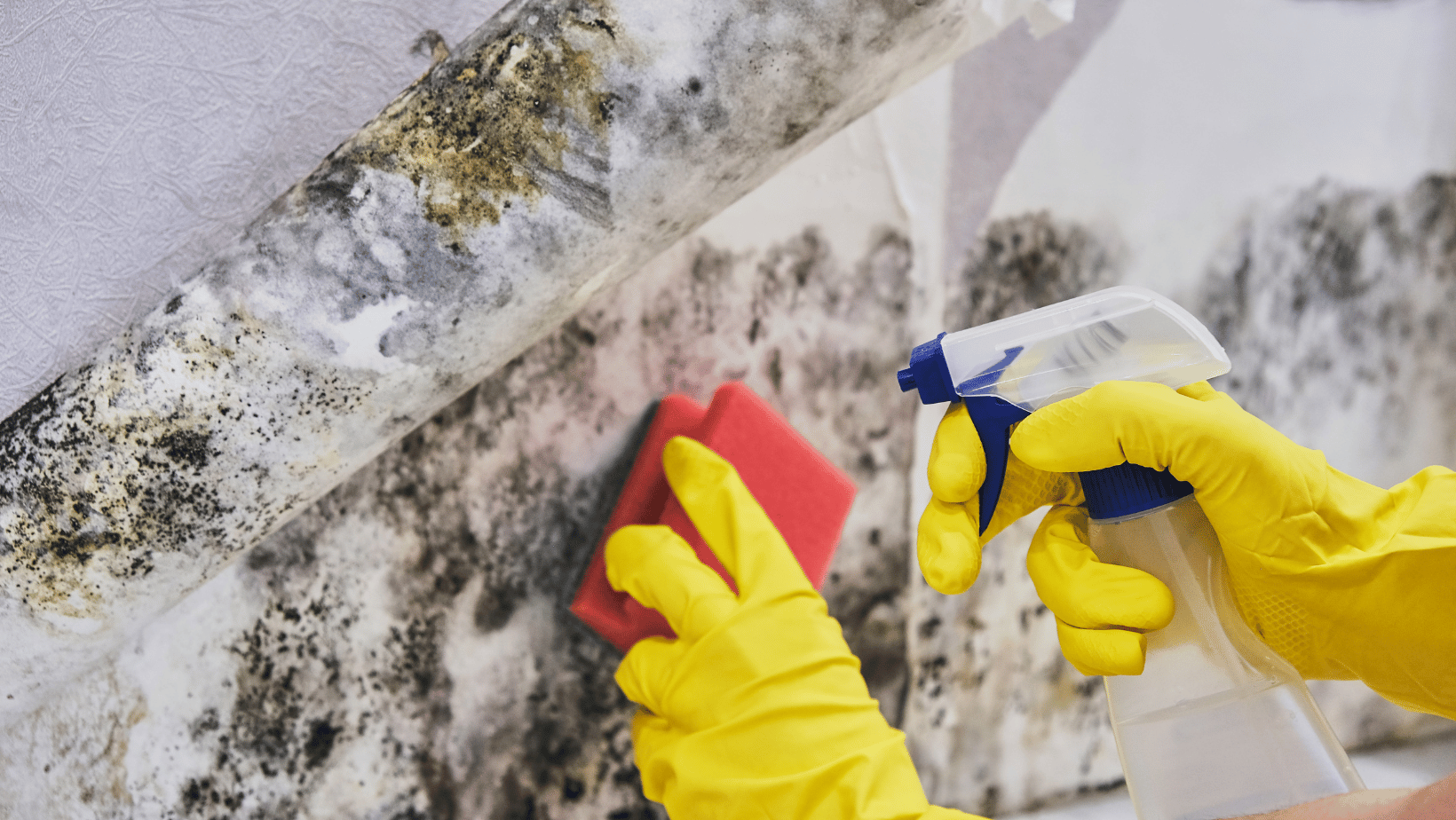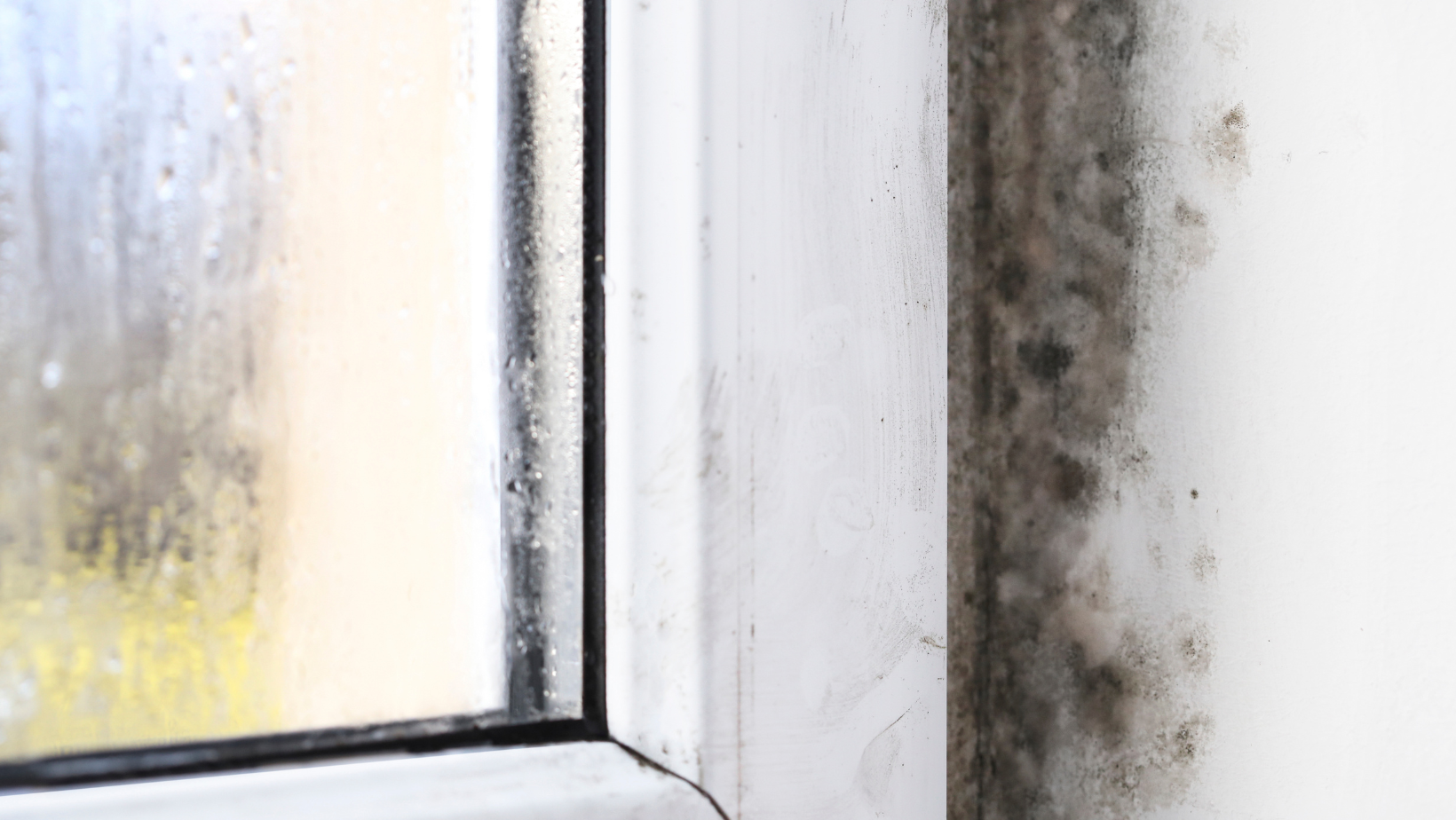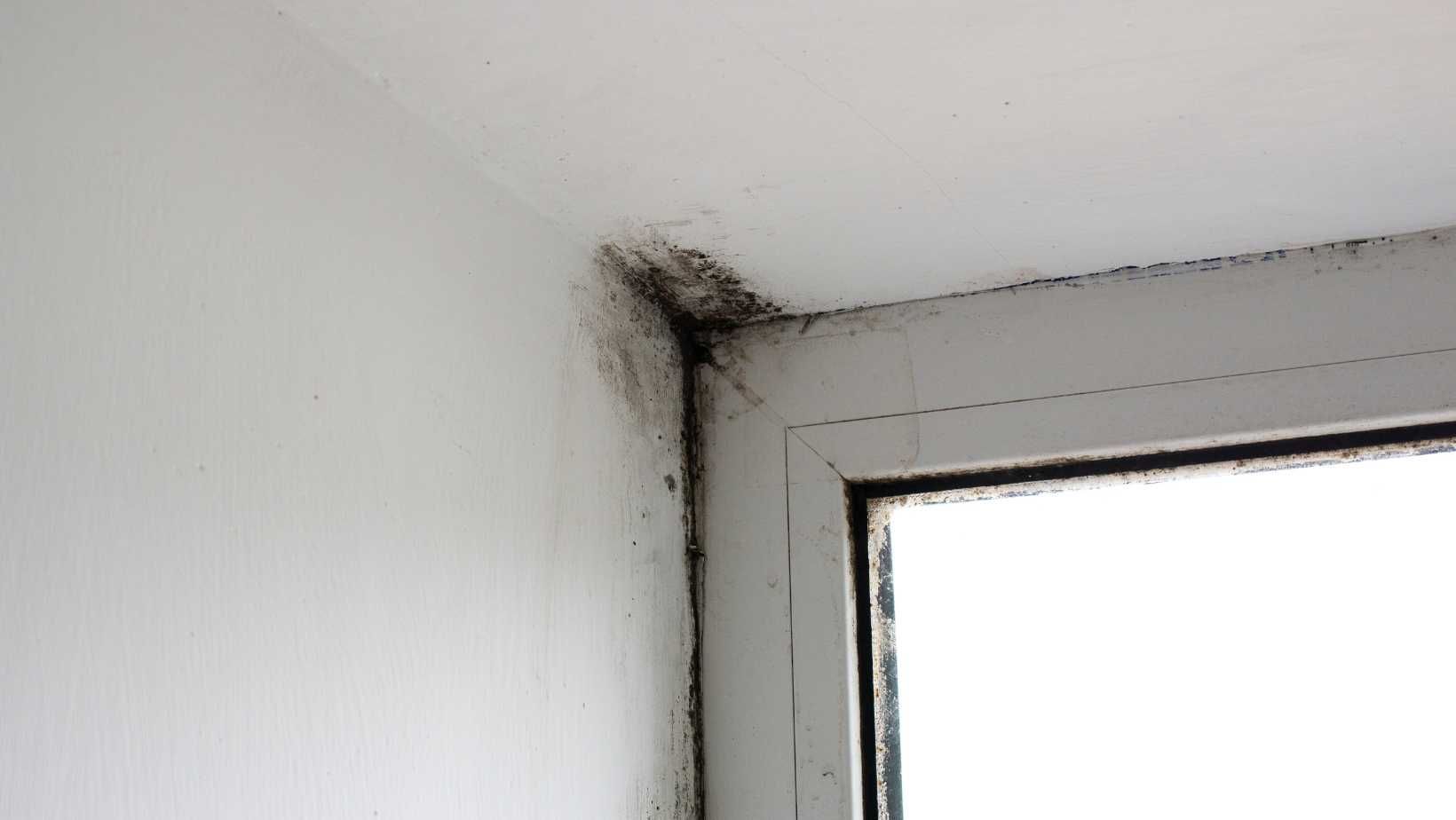Preventing Attic Mold In Louisiana
Conditions Conducive To Attic Mold
Our attics tend to get significantly less attention than most other areas of our home. Out of sight, out of mind as they say. Attics are often subject to conditions that can lead to mold development over time. Many of these conditions overlap with one another, with one supporting the other & vice versa. Louisiana homeowners need to be aware of these conditions & how to prevent them in order to avoid attic mold in their homes. Let’s take a closer look at some of the conditions that are conducive to attic mold.
- Temperature: In your home, the natural flow of air filtration helps hot air rise to the top of the building. It is common knowledge that heat rises. This is why your attic often feels so hot and muggy. Many attics have little to no ventilation that allows hot air to escape. Oftentimes, attics are actually overly insulated, trapping heat inside. Additionally, excess clutter can prevent air from properly circulating, causing this heat to be stagnant. When the hot air on one side of your attic sheathing meets the cool air coming from the other side, condensation and humidity can begin to form in your attic.
- Insulation: Many Louisiana homeowners may not realize that it is possible to OVER insulate your attic. Excessive insulation can trap heat in your attic, causing elevated temperatures, poor ventilation, and potential for condensation & humidity. When it comes to insulation in your attic, sometimes less is more. The main purpose of insulation in your attic is to minimize heat or cool air loss from the space below. It is not there to keep your attic warm. For many attics, the recommended level of insulation is R-38, or about 10-14 inches depending on what kind of insulation is being used. If insulation is installed properly, the tops of your attic floor joists should not be visible.
- Condensation: Condensation occurs when an attic is experiencing elevated temperatures & the hot air is trapped inside. When the hot air from inside your attic meets the cool air conditioning on the other side of your attic sheathing, condensation forms. This results in moisture on your attic sheathing which can lead to excess humidity within your attic or worse, attic mold.
- Ventilation: Proper ventilation is often overlooked in your attic, but it plays a key part in preventing attic mold in your home. Ventilation & air circulation allow for any heat & excess humidity to escape your attic so that they do not become trapped. It can be as simple as installing a vent fan or even just cracking a window, if you have one.
- Humidity: Moisture is the source that mold thrives on. Without moisture, mold can not develop. When preventing attic mold in your Louisiana home, it is important that you do what you can to minimize excess humidity as much as possible. Using the knowledge of the other factors we have discussed, you should be able to adequately minimize humidity & successfully prevent attic mold. If your attic is especially humid, you may need to employ the use of a dehumidifier to keep humidity levels between 35% and 50%.
Professional Attic Mold Remediation In Acadiana, Louisiana
Unfortunately, sometimes accidents happen. Even when we do everything in our power to prevent attic mold, it can still occur. You may find yourself in a situation where your attic has already been exposed to mold or conditions conducive to mold. If this is the case, be sure to contact a
local professional mold remediation company in your Acadiana, Louisiana area. Mold remediation professionals will be able to assess the area of concern & create a scope of work for remediation. Experienced mold technicians in your area will be able to restore your attic to mold free conditions and provide tips for post-remediation mold prevention to keep your attic mold free for years to come.
You might also like
DryMax Mold Blogs




